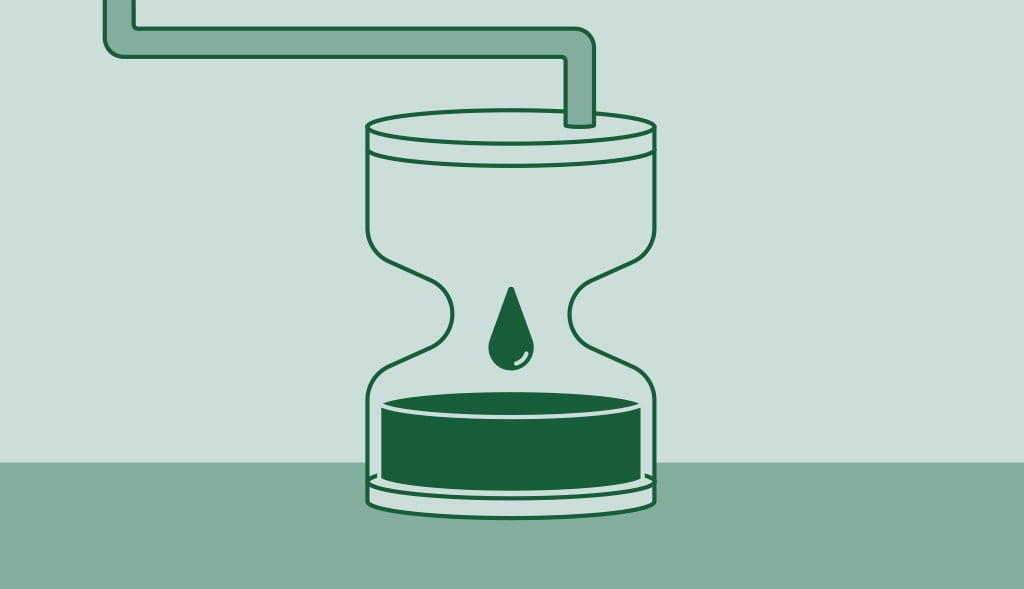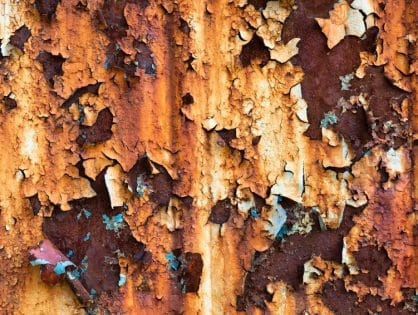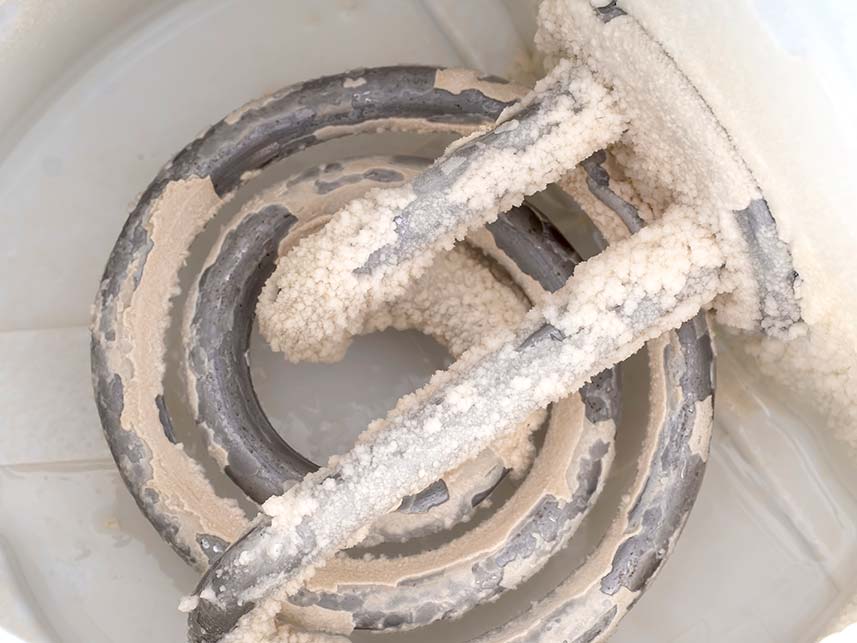How Long Do Water Heaters Last? Much Shorter Than it Could!

How long do water heaters last is a very complex and difficult question to answer. We live in a society that increasingly understands the environmental issues we face, which is why we try to find various solutions in order to reduce our consumption of goods that have a short lifespan. However, overconsumption is present in all sectors and planned obsolescence seems to be more and more widespread.
When I first started working in the plumbing industry, it only took a few minutes for me to realize how huge this industry is. For example, every year more than 8,000,000 hot water tanks are changed, and that’s just in the United States! Why is nobody talking about it? Simply because we don’t see it and the manufacturers say it’s impossible to make tanks last longer. When someone asks ”how long do water heaters last”, the answer should be : Wayyy more than 10 years! There is some way to dramatically extend the life of your water heater.
How To Make Sure Your Water Heater Last Longer : Maintenance, Maintenance, Maintenance!
The best way to increase the life of your water heater would be to maintain it properly. When we think of a water heater, we often have the reflex of believing that it is difficult to maintain and that we shouldn’t do it ourselves. However, there are several tasks that you can easily do that will greatly extend the life of the hot water tank.
Want to Maximize Your Heater’s Lifespan?
You don’t need to sift through a sea of data to extend the life of your water heater. Corro-Protec’s powered anode rod is the answer. It attacks the problem at its core, boosting your water heater’s lifespan significantly. Choose Corro-Protec for a durable, dependable water heater solution.
What Affects How Long Water Heater Last
Corrosion
The life expectancy of hot water heaters will be influenced by the corrosion happening inside the tank. Corrosion is one of the main reasons a water heater will stop working and start leaking. The corrosion process will begin as soon as you put water inside the tank.
Every water heater is equipped with a magnesium anode to protect it from corrosion. Even if most water heater tanks are glass-lined, they still need something to protect it against corrosion since there is almost always some defects caused during transportation, installation or even manufacturing. Instead of attacking the entire tank, corrosion will directly attack defects in the lining.
If the glass lining inside the tank is perfect, it will provide protection for couple years, but it doesn’t last long. That’s why every water heater is equipped with a magnesium anode to protect it from corrosion.
Solution : Replace The Anode Rod
The sacrificial magnesium anode rod should be checked every year and replaced when 50% of the anode is gone. If you are not replacing the anode, the water heater will start corroding and his life will be shortened.
If you don’t want to waste your time and energy every year checking the anode and spending money replacing it, you should install a powered anode rod. You simply have to replace the magnesium anode rod with a powered anode rod and the new device will stop corrosion for years to come. Instead of sacrificing itself to protect the tank, powered anode will use some current supplied by the power supply to protect the tank against corrosion.
They are recognized by corrosion professionnals but water heater manufacturer don’t want to talk about this technology since it double the life of their tank by completely stopping the corrosion. By installing a powered anode rod, water heater leaking will not be part of your life anymore and replacing your water heater will wait at least 20 years instead of doing it every 10 to 12 years.
Sediment Buildup
Another frequent cause of water heater not working is sediment buildup. When heated, some sediment will become solid and fall in the bottom of the tank. After couple years, sediments will cover the heating element on the bottom of the tank and you will need way more energy to heat your water. If you have no hot water after a short shower, this might be the cause.
Solution : Drain The Tank
Every year, before checking the anode rod, you should completely drain the water heater to remove all sediment buildup. To do so, you simple have to follow our guide on How To Drain Your Water Heater. This is a very simple DIY if you have easy access to the drain valve at the bottom of your tank.
Another solution would be to install a water softener but this option can become very expensive.
High Temperature
If the temperature of your water heater is too high, this could affect the lifespan of your water heater. Since the temperature and pressure relief valve job is to protect against higher temperature and too much pression, it could start to drain some water and pressure more often than it should.
High pressure caused by higher temperature will also but some pression on all your piping around the house.
Water heater are often installed in crawl space so they are not easily accessible. If the pressure relief valve start to leak water everywhere, it can take couple months before you see it.
Solution : Adjust your water heater temps adequatly
Some people turn the temperature up to remove bad rotten egg smell (hot water sulfur smell)in their hot water but this is not the best solution available. Same solution as the corrosion problem we suggest installing a powered anode rod that will stop corrosion and stops rotten egg smell in your hot water.





How old is your hot water heater?
The best way to increase the life of your water heater would be to maintain it properly. When we think of a water heater, we often believe that it is an impossible task to maintain. However, there are several tasks that you can easily do yourself!
We suggest installing a powered anode rod that will stop corrosion and stops rotten egg smell in your hot water.
It will greatly extend the life of the hot water tank and reduce your task as the anode does not deplete so you don’t have to worry about sediments when you drain your heater.
Make yours last and BUY NOW!
Blog
Water Heater Anode Rod – Extending Your Water Heater Life!
When you think about household maintenance, checking and replacing a water heater anode rod might not be the first thing that comes to mind. However, […]
Environmental Impacts of Even the Best Water Heaters
We all love hot water, but at what expense to the environment? Did you realize your water heater has a negative impact on the environment? […]



